George Tumahai
George Tumahai was a charismatic velvet-voiced entertainer, in demand at Auckland nightclubs and on recordings during the 1950s and 1960s. As well as his own solo discs, he recorded with Bill Wolfgramm, Daphne Walker and Bill Sevesi, toured the Pacific with Māori showbands, and nationally with Maria Dallas in 1967. But his career began much, much earlier – when he was still in short pants.
Tumahai’s father, Francois, came to Auckland from Tahiti with a local band in the 1920s. He fell in love with Pori, a Ngāti Whātua woman from Ōrākei, and never left. George was born and raised on “Boot Hill”, the Māori community in Ōrākei, near Bastion Point. He had five siblings, Charlie, Danny, Freda, Frank, and Tamaki. (Charlie Tumahai of Herbs fame was the son of Charlie Sr and George’s nephew.)
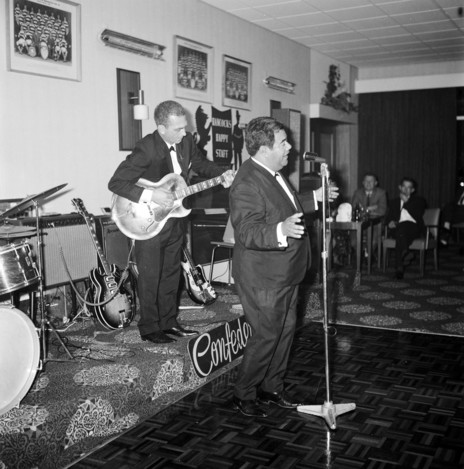
George Tumahai and guitarist Johnny Bradfield performing in the Ranfurly Room at the Station Hotel, Auckland, 26 July 1968.
Photo credit:
Rykenberg - Auckland Libraries Heritage Collections 1269-Y0793-05
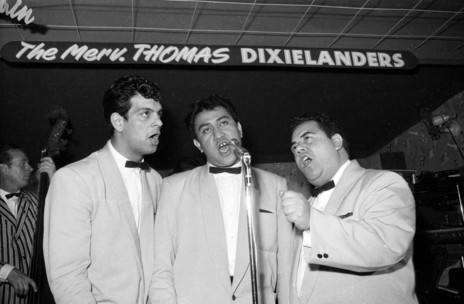
The Deuces at the Crystal Palace, Auckland, 6 August 1960 (L-R): Nuki Waaka, Robin Waata, and George Tumahai. At far left, on bass, is Bob Ofsoski.
Photo credit:
Rykenberg - Auckland Libraries Heritage Collections 1269-B0752-24
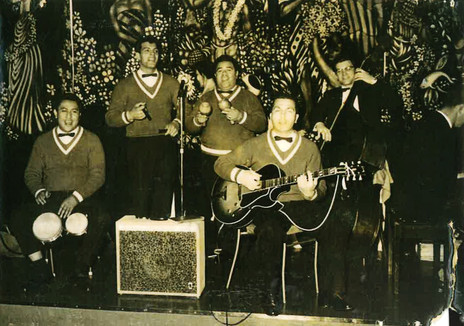
The Deuces at the Hi Diddle Griddle cabaret-restaurant on Karangahape Road, c. 1960. On congas is Robin Waata, standing at left is Nuki Walker, beside him is George Tumahai on maracas, Johnny Bradfield is the guitarist.
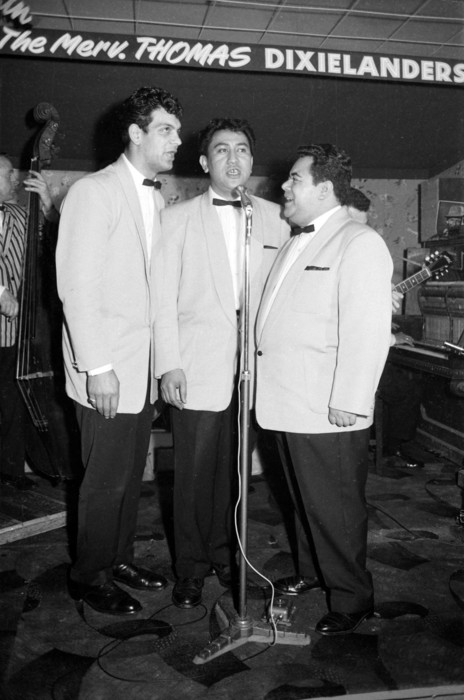
The Deuces at the the Crystal Palace, Auckland, 6 August 1960 (from left): Nuki Waaka, Robin Waata, George Tumahai. At far left is bassist Bob Ofsoski; Johnny Bradfield (obscured) is on guitar.
Photo credit:
Rykenberg - Auckland Libraries Heritage Collections 1269-B0752-23
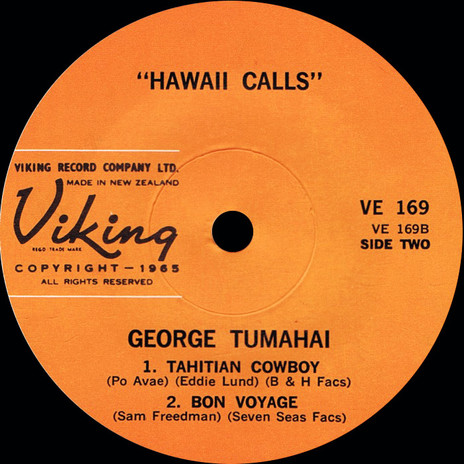
George Tumahai EP 'Hawaii Calls', 1965
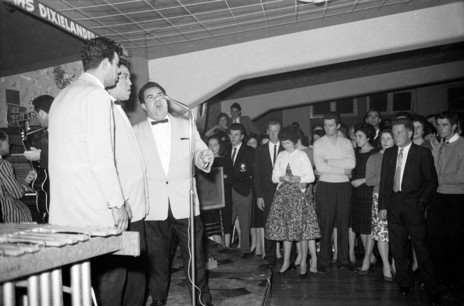
The Deuces at the Crystal Palace, Mt Eden, 6 August 1960 (L-R): Nuki Waaka, Robin Waata, George Tumahai.
Photo credit:
Rykenberg - Auckland Libraries Heritage Collections 1269-B0752-27
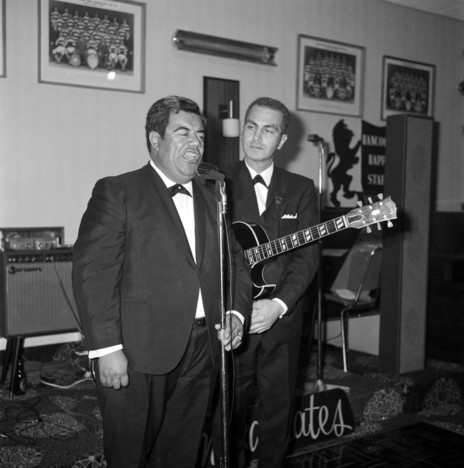
George Tumahai and guitarist Johnny Bradfield, the Ranfurly Room at the Station Hotel, Auckland, 26 July 1968.
Photo credit:
Rykenberg - Auckland Libraries Heritage Collections 1269-Y0793-06
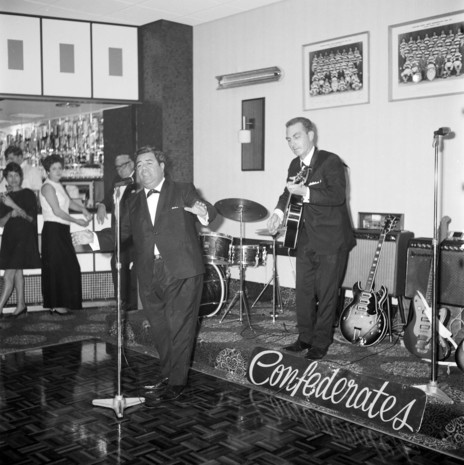
George Tumahai and guitarist Johnny Bradfield performing in the Ranfurly Room at the Station Hotel, Auckland, 26 July 1968
Photo credit:
Rykenberg - Auckland Libraries Heritage Collections 1269-Y0793-04
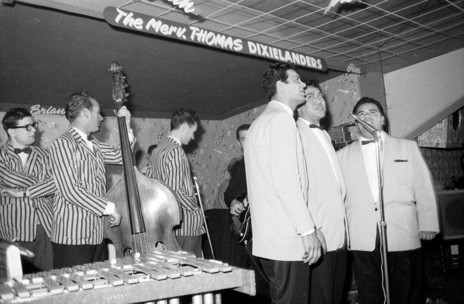
The Crystal Palace, Mt Eden Road, Auckland, 6 August, 1960. Bernie Allen at left with crossed arms, Merv Thomas holding trombone, and singing trio The Deuces (from left): Nuki Waaka, Robin Waata, George Tumahai.
Photo credit:
Rykenberg - Auckland Libraries Heritage Collections 1269-B0752-29
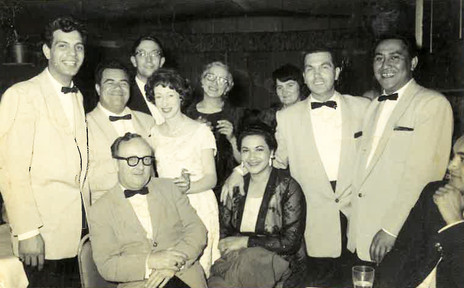
From left, standing: Nuki Walker, George Tumahai, Lester Still, Nancy Harrie. Millie Bradfield is centre, front, with her husband Johnny standing behind her. At front left is the Hi Diddle Griddle bandleader Paul Lestre
Photo credit:
Michelle Sadgrove collection
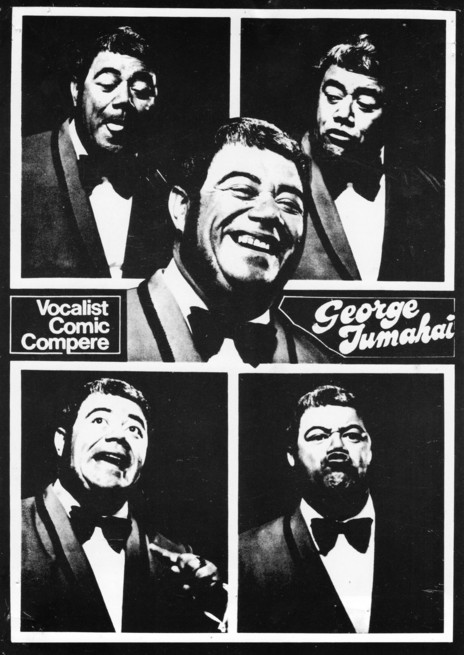
Singer-comedian George Tumahai at the time he was represented by Hegan Entertainments.
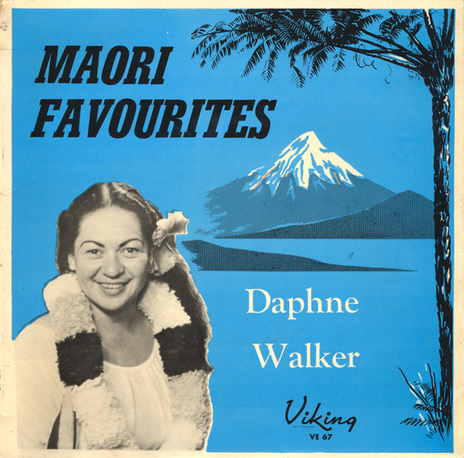
1960 Viking Records EP with George Tumahai and Bill Sevesi And The Islanders
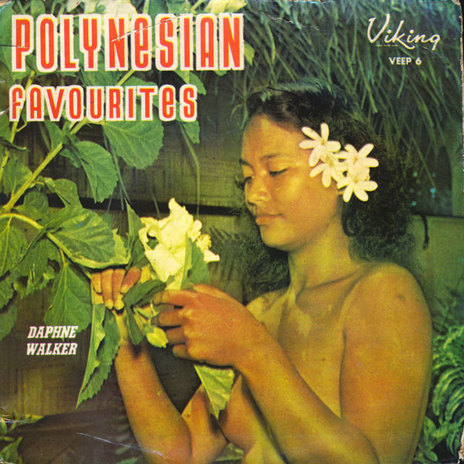
1959 Viking Records EP with George Tumahai, Daphne Walker, and Bill Sevesi And The Islanders
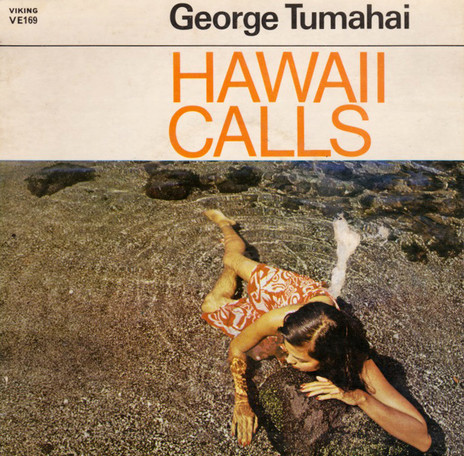
George Tumahai - Hawaii Calls (Viking EP, 1965)
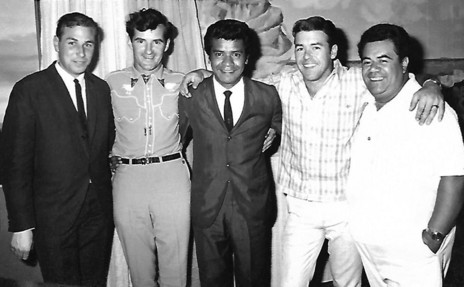
On the Maria Dallas tour, 1967, from left: Bruce Warwick, Max McCauley, Jay Epae, Ken Lemon, George Tumahai
Photo credit:
Max McCauley collection
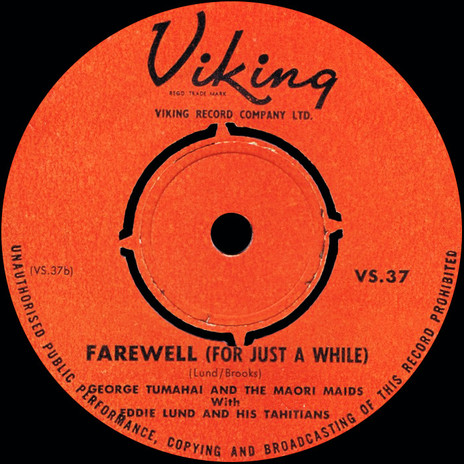
Farewell (For Just a While) - George Tumahai and the Maori Maids with Eddie Lund and his Tahitians (Viking 45rpm single, 1960)
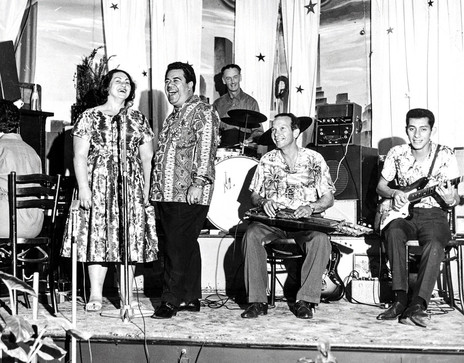
A trio of Polynesian stars at the Orange Ballroom, Auckland, in the early 1960s. From left: Daphne Walker, George Tumahai and Bill Sevesi, with drummer Merv Herdson and guitarist Ricky Santos.
Photo credit:
Bill Sevesi archive
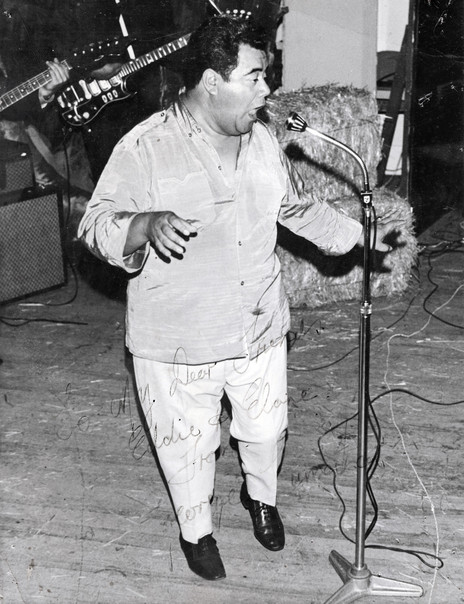
George Tumahai. Billy T James said, "I learned from him how to make funny faces and how to use one’s size in an act."
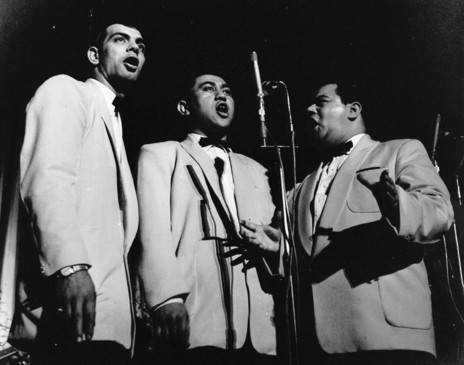
The Deuces live, Auckland, c1960: Nuki Waaka, Robin Waata, George Tumahai.
Photo credit:
Dave Dunningham collection
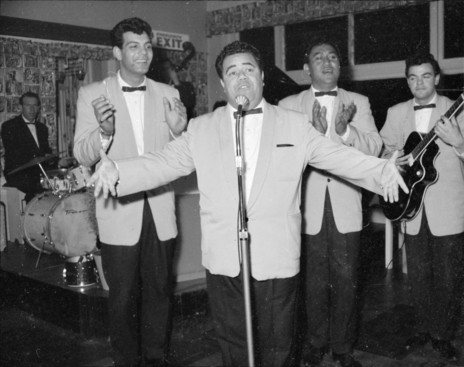
George Tumahai with the Deuces, at the Shiralee, Auckland, 1962.
Photo credit:
Auckland Libraries Heritage Collection, 1269 E0703 40
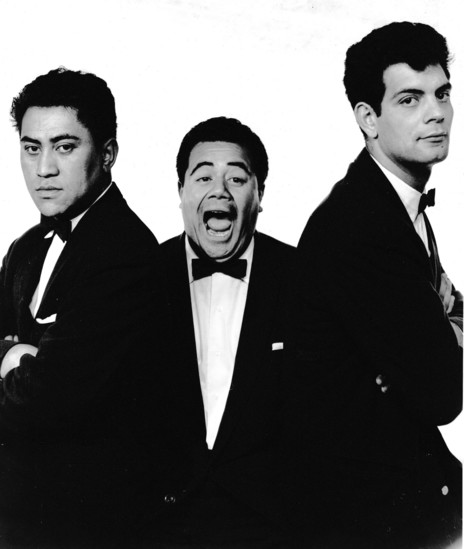
A formal portrait of the Deuces (L-R): Robin Waata, George Tumahai, Nuki Waaka
Photo credit:
Dave Dunningham collection
Discography